Farmers’ rampage loses its protest appeal

By Vijay Badhwar
The nearly two-month-long farmers’ protest on Delhi outskirts has been nothing short of a intriguing game of high drama and skulduggery, a game of chess being played between the ruling Bharatiya Janata Party (BJP) and the Opposition parties, the latter almost checkmated after the Republic Day imbroglio.

By mobilising the farmers, it was a long time for the Congress Party to mend their image with the Sikh community in India following the anti-Sikh riots after the Indian Prime Minister Indira Gandhi was assassinated in 1984 by her two Sikh bodyguards. But to score that success along with the farmers of ”˜Jai Jawan, Jai Kisan’ appeal was a move that had to put BJP on the defensive.
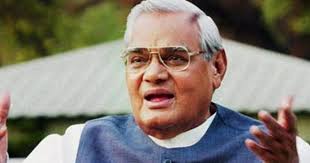
In the past, the Kisan issue had led to the downfall of the Vajpayee Government in 2004, their suicides in Andhara Pradesh having been highlighted leading to BJP loss, which, otherwise, was a success story sold with the ”˜India Shining’ campaign.
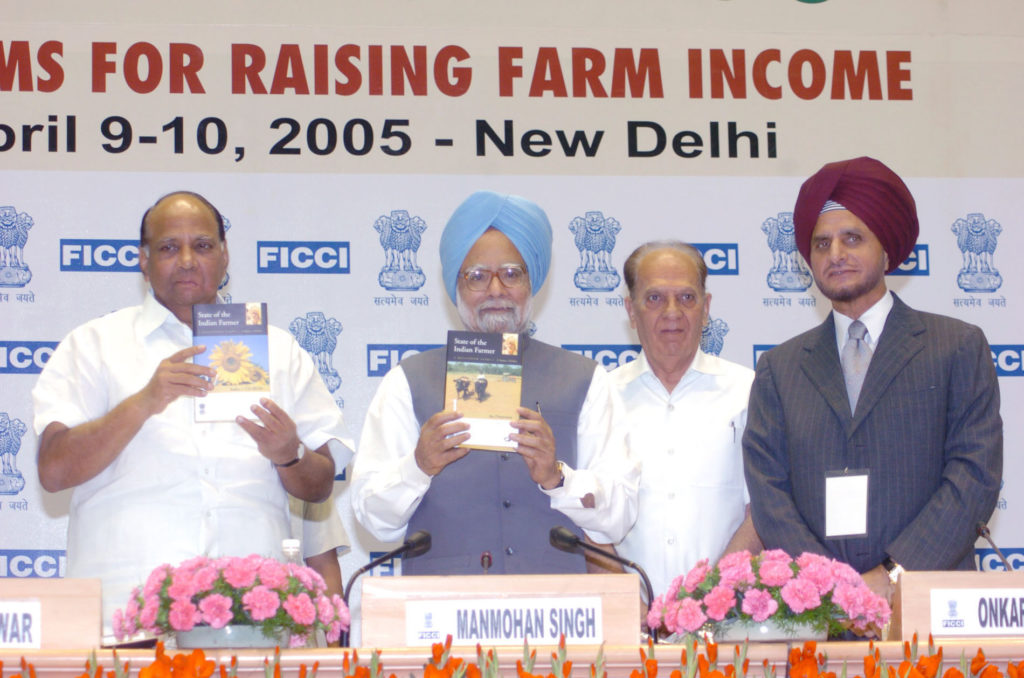
Farming sector reforms have been in the offing for a long time, even considered by Manmohan Singh government in 2005 with their model Agriculture Produce Market Committee (APMC) which remained stalled during their term. The BJP Government, however, took cudgels to bring reforms in order to open up the markets, according to them, to bring benefits to the farmers.
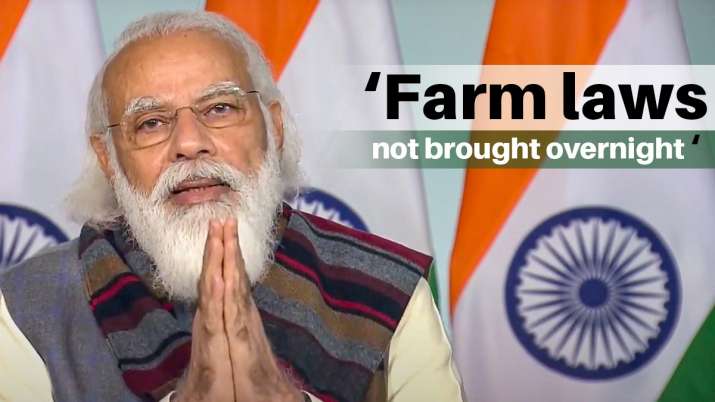
This is a Government folly not to garner enough political consensus before rushing the Bills through parliament just based on their majority in the Houses. Although the reforms are necessary for India to achieve agri-business global success through building larger stocks by reducing food wastage and food processing, they failed to see the resistance coming from a community that provides them with their ”˜Jawans’ and ”˜Kisans’.
The three Bills do not affect small farmers. They do, however, disfavour the ”˜Mandi’ system that is cartelised by APMC agents as farmers are given the option to sell their produce either through the agents or privately for better returns. The Bills provide a conflict resolution system for contract farming through an arbitration by SDM (farmers rightfully like the option to be able to go to courts), removing limits on the amount of stockpiling and diluting APMC agent influence. The Government has repeatedly reassured farmers that they will maintain Minimum Support Price (MSP).
Purist economists feel that there is inefficient agri business as farmers in Punjab and Haryana are helped by MSP to grow wheat and rice which is oversupplied at the cost of growing pulses and other innovative crops.
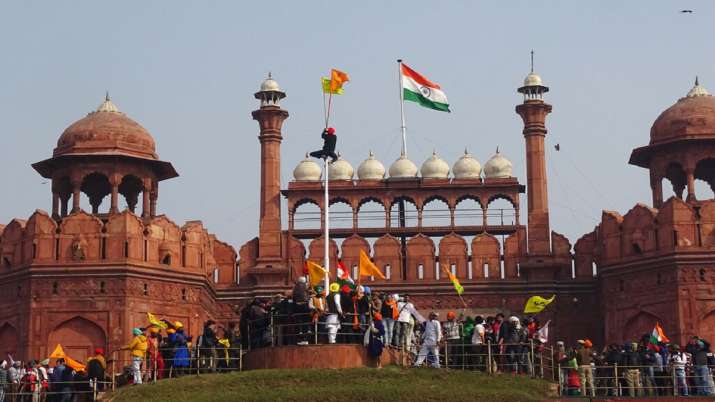

With farmers’ apprehensions being real that the likes of Ambanis will step in, they are adamant that the Government must repeal all three Bills. This appears highly unlikely for the Government to undertake. This may set a precedent for all Government policies to be impotent, for anyone and everyone to challenge the reforms.
That’s the stalemate. And that’s where the Government’s gambit paid off. They gave enough rope to the protesters to hang themselves with on Republic Day who went on rampage with tractors and defiling the Indian flag on the haloed ramparts of Red Fort. This was not acceptable to the Indian sentiment who divorced the farmers from any sympathy they might have had.
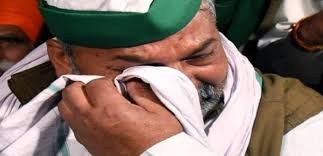
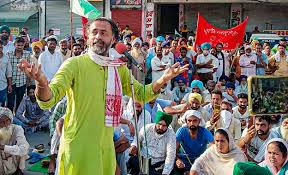
Although a tearful farmer leader Tikait or an apologetic Yogendra Yadav (who have no political mandate except troublemaking) may be able to save an immediate checkmate, the game is as good as lost for them. And good, too, that India moves forward with reforms without pressure from road blocking political agendas.
Short URL: https://indiandownunder.com.au/?p=15997
